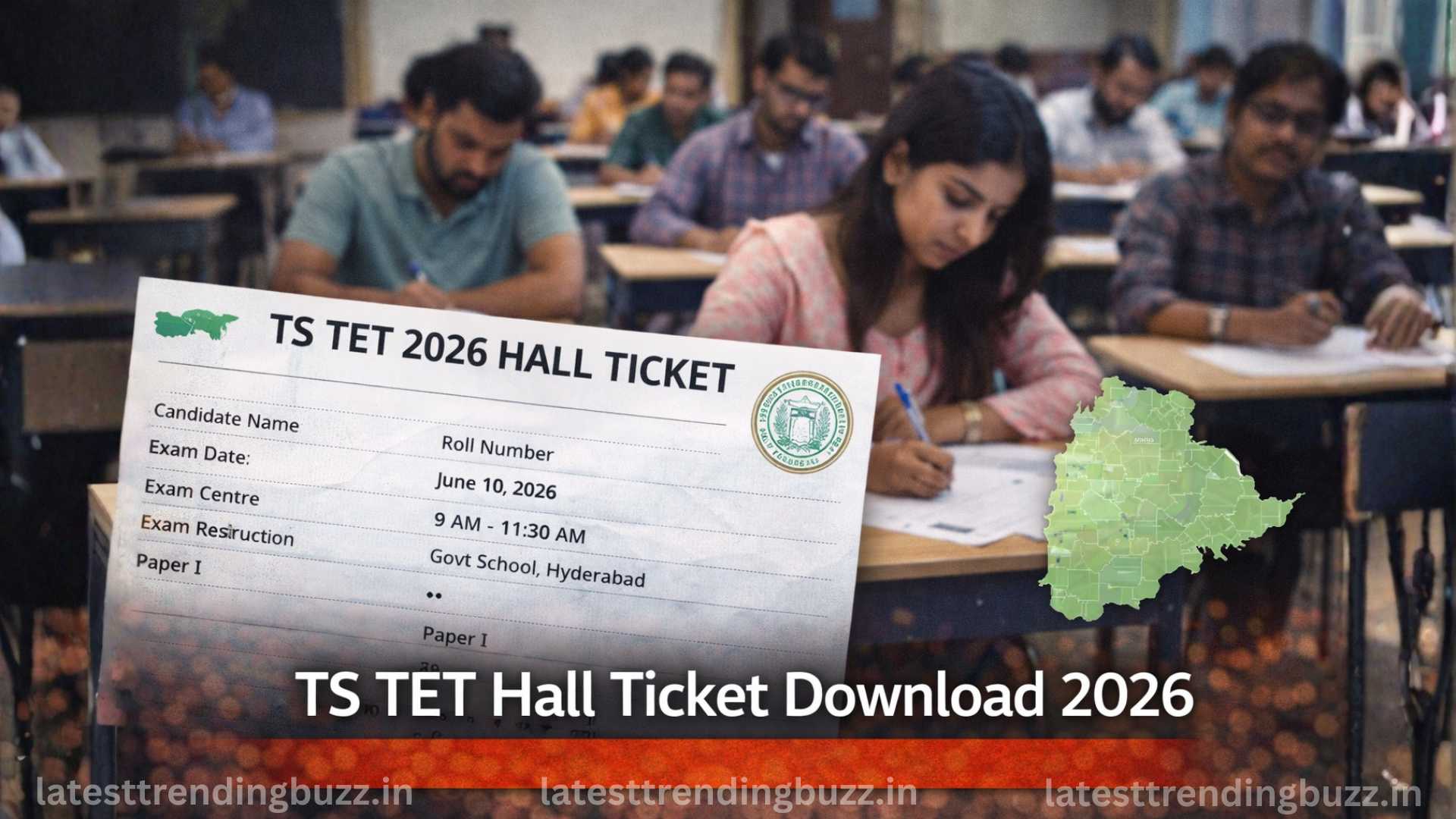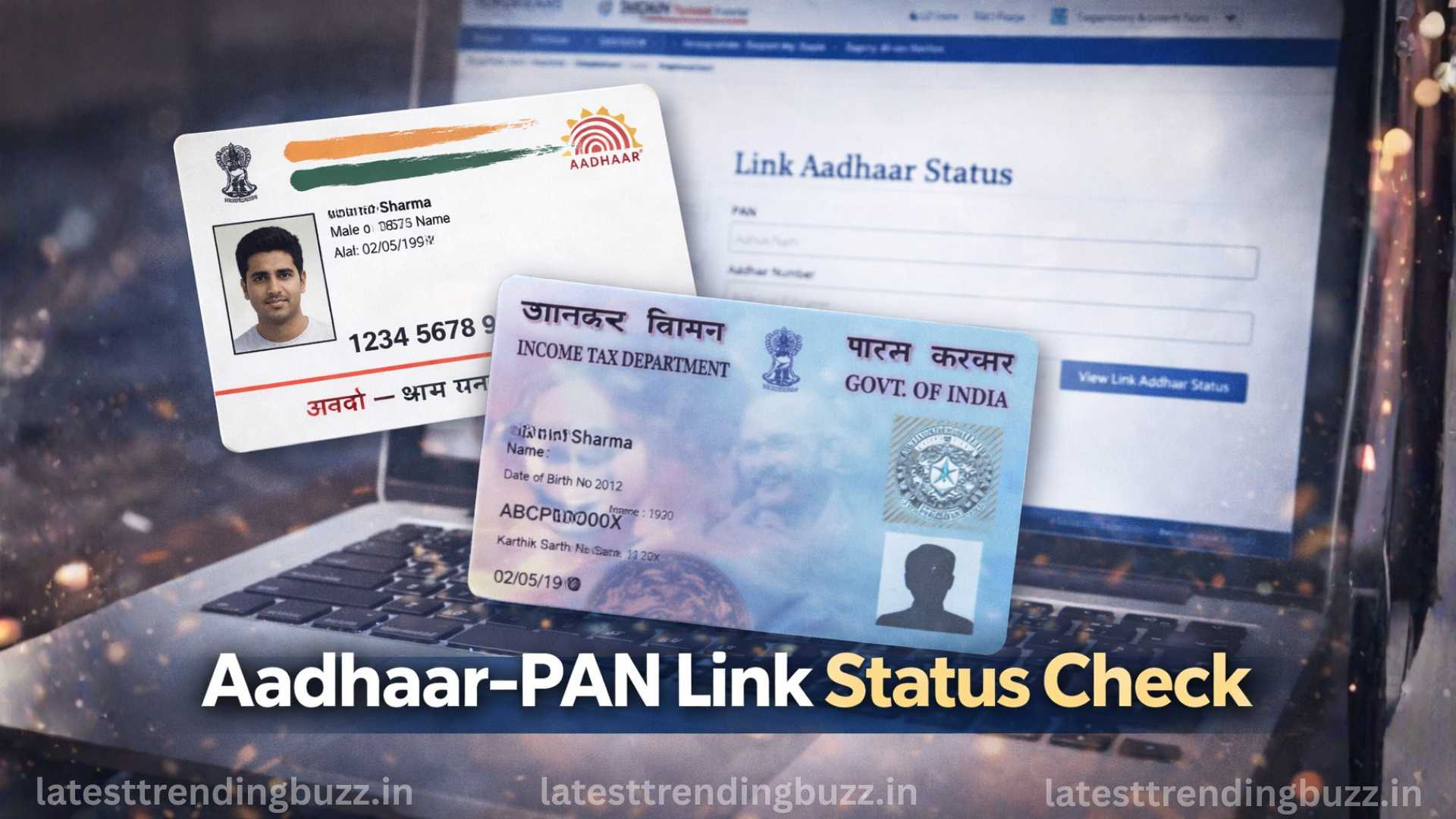Something unusual is happening in offices around the world — people are secretly using AI tools at work. From generating reports to replying to emails, employees are quietly turning to artificial intelligence to get things done faster, smarter, and sometimes… without their bosses knowing.
A recent survey by Microsoft and LinkedIn (2025) revealed that 49% of U.S. employees use AI tools regularly at work — but only 26% have told their managers.
This silent transformation marks the rise of the AI Tools Work Culture 2025 latest — a world where artificial intelligence is becoming the invisible coworker reshaping productivity, ethics, and even job identities.
Let’s decode why employees are embracing AI in secret — and what this quiet revolution means for the global workforce, including India.
The Hidden AI Revolution in the Workplace
AI tools like ChatGPT, Jasper, Grammarly, Midjourney, and Notion AI are no longer niche gadgets — they’re now everyday companions in offices.
Employees across industries — marketing, finance, HR, IT, and design — are using them to:
- Write reports or presentations
- Draft professional emails
- Create pitch decks
- Summarize meetings
- Code faster or debug programs
- Analyze spreadsheets
Yet, most of this is happening under the radar.
Why? Because in many workplaces, AI use is still viewed as “cheating” or “unethical,” even though it’s becoming essential.
This paradox defines the AI Tools Work Culture 2025 latest — employees embracing AI while organizations struggle to catch up with the change.
Why Employees Are Using AI Secretly
Let’s explore the reasons behind this hidden trend 👇
1️⃣ Fear of Judgment
Many workers worry their bosses will assume AI is replacing their creativity or effort. The fear of being seen as “lazy” or “dependent” leads to secrecy.
2️⃣ Lack of Clear AI Policies
Most companies still lack defined guidelines on AI use. Without clarity, employees prefer to stay quiet rather than risk consequences.
3️⃣ Pressure for Productivity
In a hyper-competitive world, speed matters. AI saves hours of work — helping employees meet unrealistic deadlines and multitask efficiently.
4️⃣ The Curiosity Factor
AI tools are fun and powerful. Employees experiment privately to explore their potential — from writing better emails to brainstorming new ideas.
These reasons show how the AI Tools Work Culture 2025 latest movement isn’t driven by rebellion — it’s driven by efficiency, fear, and innovation.
Also Read: The Hidden World of WhatsApp Channels: Next Big Trend in India
The Data Speaks: AI at Work in 2025
According to Deloitte’s Global AI Workplace Report 2025:
- 74% of U.S. employees use at least one AI tool weekly.
- 60% believe AI makes them more productive.
- 47% say AI reduces burnout.
- 55% of Indian professionals also use AI tools in their jobs.
This proves that the AI Tools Work Culture 2025 latest is not confined to the U.S. — it’s a worldwide trend redefining modern work ethics and habits.
The Double Life of the Modern Employee
Today’s professional has two identities:
- The official employee — following workplace policies.
- The AI-assisted creator — leveraging tools secretly for efficiency.
An example:
💼 Priya, a marketing executive in Bengaluru, uses ChatGPT to create campaign ideas. She edits them manually before sharing with her manager. “It helps me get started faster,” she says.
Or John, an analyst in New York, who uses AI to summarize financial data. “It’s not cheating — it’s optimization,” he explains.
Both are part of the AI Tools Work Culture 2025 latest wave — balancing creativity and caution in equal measure.

What Companies Are Getting Wrong
While employees are embracing AI, most companies are lagging behind.
- Only 38% of organizations have formal AI-use policies.
- HR departments fear bias or data leaks from generative AI.
- Some employers ban tools like ChatGPT outright.
This lack of alignment is causing friction. Employees see AI as an opportunity; companies see it as a risk.
“Banning AI at work is like banning calculators in the 80s,” says Satya Nadella, CEO of Microsoft. “It’s not a threat — it’s an upgrade.”
Organizations that adapt faster to the AI Tools Work Culture 2025 latest reality will attract smarter, happier, and more productive employees.
The Ethics Dilemma
The question is no longer “Are people using AI?” — it’s “Are they using it responsibly?”
The AI Tools Work Culture 2025 latest introduces new ethical challenges:
- Who owns AI-generated content?
- Is it ethical to use AI for creative work?
- Should employees disclose AI assistance?
Experts suggest transparency as the middle path — where companies allow AI use but expect honesty in acknowledgment.
How AI Is Redefining Productivity
AI doesn’t replace effort — it amplifies it.
In the AI Tools Work Culture 2025 latest, employees report:
- 40% faster task completion
- 50% fewer repetitive tasks
- 60% improvement in brainstorming quality
Tasks that once took hours — like summarizing 30-page reports or drafting proposals — now take minutes.
This means employees can focus on creativity, analysis, and relationship-building — the human parts of work that AI can’t replace.
The Indian Connection: How India Is Embracing AI at Work
India is the world’s second-largest hub for knowledge work — and it’s rapidly adopting AI.
According to NASSCOM 2025,
- 58% of Indian tech employees use AI tools daily.
- 72% of startups integrate AI for client projects.
- Women professionals are 1.3x more likely to use AI tools for productivity.
From Bengaluru to Gurgaon, Indian professionals are adapting to the AI Tools Work Culture 2025 latest faster than global averages — blending efficiency with innovation.
“India’s young workforce is AI-native,” says Ravi Narayan, Head of Startup India. “They’re not afraid of AI — they’re fluent in it.”
The Future of Jobs: Collaboration, Not Competition
The fear that “AI will take our jobs” is fading. Instead, it’s becoming clear: AI will take the tasks, not the jobs.
The AI Tools Work Culture 2025 latest is about collaboration between humans and algorithms.
- AI handles routine, repetitive, and analytical tasks.
- Humans focus on creativity, empathy, and strategy.
This hybrid model — where AI is a teammate, not a threat — defines the future of work.
Expert Insights
“AI is the new Excel — you either learn it, or you risk being left behind,” says Andrew Ng, AI expert and educator.
“The silent adoption of AI shows workers are ahead of employers,” adds Sarah Ellis, future of work strategist. “Companies must evolve faster.”
These insights highlight that the AI Tools Work Culture 2025 latest movement is more about adaptation than automation.
Global Ripple Effect
The trend started in the U.S., but it’s reshaping global norms:
- Japan is integrating AI in administrative workflows.
- Europe is drafting AI disclosure laws for workplaces.
- India is building AI-powered HR analytics systems.
By 2030, “AI fluency” could become as essential as English fluency in professional hiring.
That’s how deeply the AI Tools Work Culture 2025 latest phenomenon is influencing global talent markets.
The Future of Work: Transparent AI
In the next 5 years, expect major workplace shifts:
- AI assistants embedded in company software.
- Mandatory AI ethics training.
- AI performance audits for fairness and bias.
- Job roles redesigned around AI collaboration.
The AI Tools Work Culture 2025 latest will evolve from secrecy to strategy — where organizations encourage employees to use AI responsibly, not hide it.
Also Read: Smartphone Addiction 2025 latest 2.0: How AI Apps Are Hacking Our Sleep and Mind
FAQs
Q1: What does AI Tools Work Culture 2025 latest mean?
A: It refers to how AI tools are being secretly — and increasingly — used by employees to enhance productivity and creativity in workplaces worldwide.
Q2: Why are employees hiding AI use from managers?
A: Due to fear of judgment, lack of AI policies, and workplace stigma around automation.
Q3: Is using AI at work ethical?
A: Yes, if used transparently and within company guidelines. It’s a tool, not a replacement for human skill.
Q4: How is India responding to this trend?
A: Indian professionals are early adopters, using AI for writing, coding, analytics, and customer engagement.
Q5: Will AI replace human jobs?
A: Not entirely — it will automate repetitive tasks while enhancing human roles in creativity and problem-solving.
Conclusion / Final Word
The AI Tools Work Culture 2025 latest marks a turning point in global employment — where technology is no longer optional, but inevitable.
The secret use of AI reveals something profound: employees are ready for the future; companies aren’t.
The challenge for leaders now is not to suppress AI, but to build trust, transparency, and training around it.
As work becomes more hybrid, AI won’t replace humans — it will reward those who know how to use it.
The future of work is already here — and it’s quietly, efficiently, beautifully… AI-powered. 🤖✨
Disclaimer
This blog is for informational and educational purposes only. Statistics and forecasts are based on current reports from Microsoft, LinkedIn, and Deloitte (2025). Readers are advised to verify data before citing for academic or business use.














